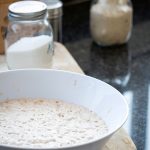Getting enough sleep is essential to all human beings, as it helps to reduce the risk of developing certain chronic illnesses, keep your brain healthy, and boost your immune system.
The average amount of sleep that a human needs is 9 hours of uninterrupted sleep each night, though many people struggle to get enough due to various issues.
However, there are many ways to promote good sleep, including making changes to your diet, as some foods and drinks have sleep-promoting properties.
Here are some foods and drinks that you can eat before bed that will help you sleep better.
Turkey
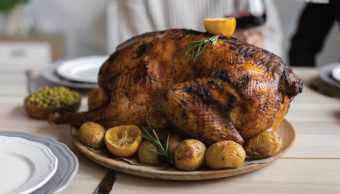
This sounds so unreal but it is true, eating turkey helps you sleep better. According to research published in Neuroscience and Biobehavioral Reviews, turkey contains tryptophan, which helps in promoting good sleep and a good mood.
Tryptophan is one of several essential amino acids, which are considered the building blocks of proteins in animals and plants.
According to the National Library of Medicine, tryptophan is involved in the production of serotonin (a hormone that helps regulate mood) and melatonin (a hormone that helps regulate your sleep cycle).
Turkey is also high in protein, which helps to contribute to its ability to promote tiredness. There’s evidence that consuming moderate amounts of protein before bed is associated with better sleep quality, including less waking up throughout the night.
Fatty Fish
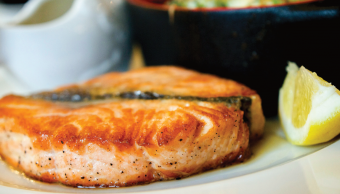
Medical News Today suggests that you consume fatty fish to help you sleep better.
Fatty fish contains a good source of vitamin D and omega-3 fatty acids, two nutrients that help regulate serotonin. Serotonin is largely responsible for establishing a fixed sleeping and waking cycle.
According to Medical News Today, fatty fish are also high in a few other sleep-promoting nutrients. For example, a 3-oz fillet of wild Atlantic salmon contains:
- 416 mg of potassium
- 25 g of magnesium
- 170 mg of phosphorous
- 0.54 mg of zinc
- 2.7 µg of vitamin B-12
- 21 µg of folate
- 10 mg of calcium
READ MORE: What to look out for when shopping for fish
Kiwi
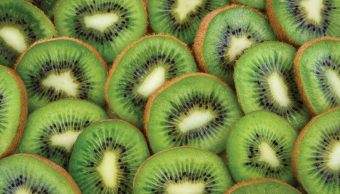
The National Library of Medicine states that:
“Kiwifruit consumption may improve sleep onset, duration, and efficiency in adults with self-reported sleep disturbances.”
However, the site also states that; “Further investigation of the sleep-promoting properties of kiwifruit may be warranted.”
This fruit contains many health benefits especially for our digestive health such as reducing inflammation and lowering your cholesterol. These effects are due to the high amounts of fiber and carotenoid antioxidants that they provide.
It contains 42 calories and many nutrients which can potentially help you sleep better at night after being eaten.
Chamomile tea
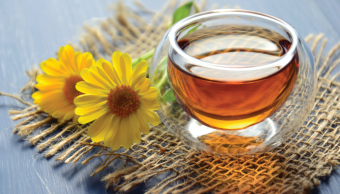
Chamomile tea is a popular herbal tea that may offer a variety of health benefits.
It’s well known for its flavones. Flavones are a class of antioxidants that reduce the inflammation that often leads to chronic diseases, such as cancer and heart disease.
READ MORE: The heart-healthy diet to protect your heart
Drinking chamomile tea may boost your immune system, reduce anxiety and depression, and improve skin health. In addition, chamomile tea has some unique properties that may improve sleep quality
Chamomile tea contains antioxidants that may promote sleepiness, and drinking it has been shown to improve overall sleep quality.
Almonds
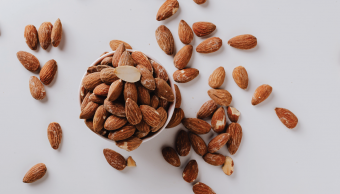
Almonds are a source of melatonin and the sleep-enhancing mineral magnesium, two properties that may make them a great food to eat before bed.
It also contains many health benefits such as lowering the risks of a few chronic diseases, such as type 2 diabetes and heart disease. This is attributed to their healthy monounsaturated fats, fiber, and antioxidants.
Antioxidants may protect your cells from harmful inflammation that can lead to these chronic diseases.
ALSO SEE: How to create a more mindful home
Written by Johana Mukandila for Bona.
Feature image: Kseniya Ovchinnikova via Getty Images





